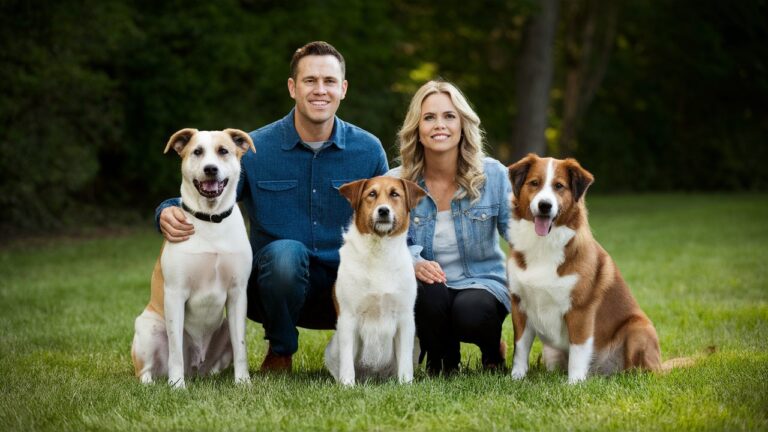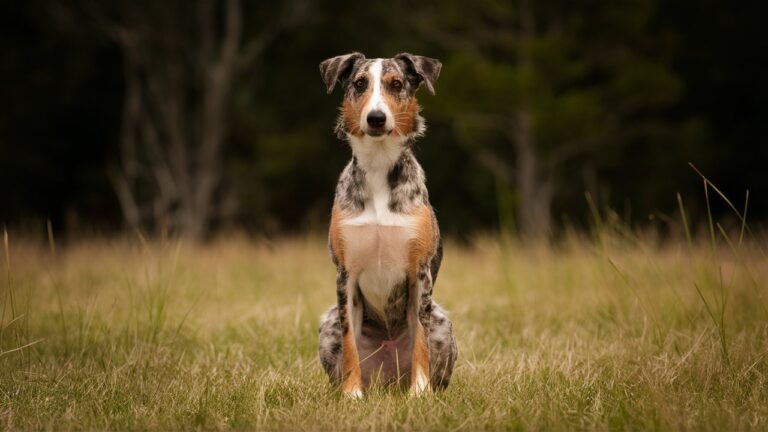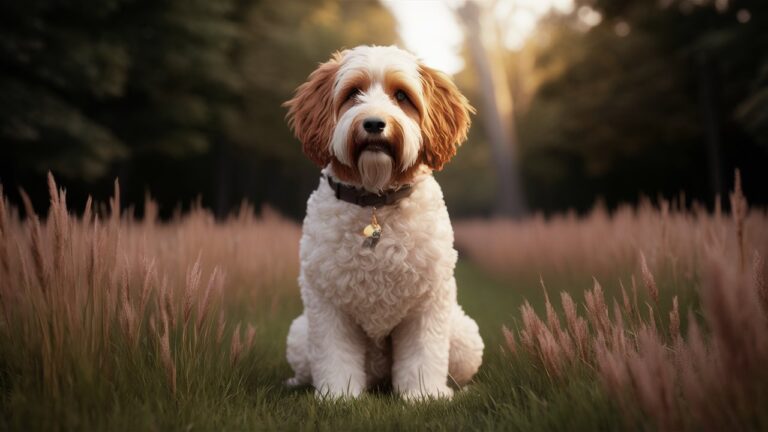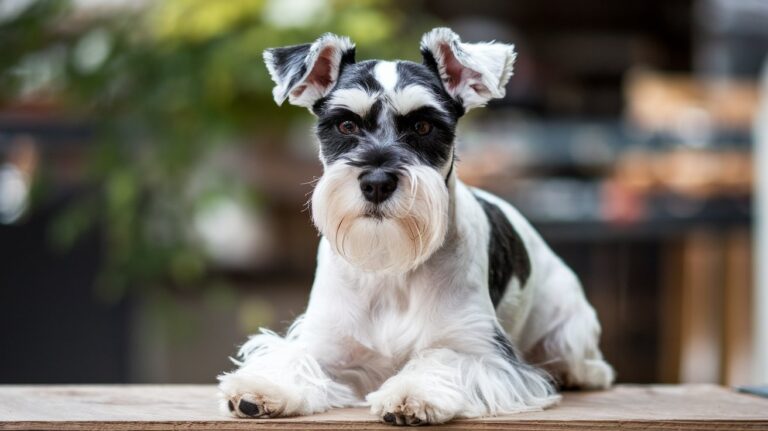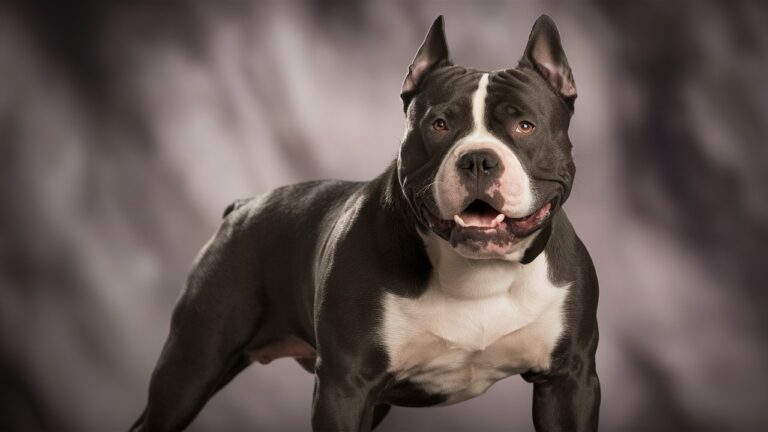5 Toy Dog Breeds: Tiny Companions with Big Personalities
Toy dog breeds have captured the hearts of dog lovers worldwide with their small stature, adorable looks, and vibrant personalities. Despite their tiny size, these dogs bring immense joy, loyalty, and companionship to their owners. In this article, we’ll explore some of the most popular toy dog breeds, their unique characteristics, and why they make such great pets. I’ll also share a personal story that highlights just how special these little dogs can be.
The Appeal of Toy Dog Breeds

Toy dog breeds, also known as lap dogs, are typically characterized by their small size, usually weighing under 15 pounds. Their petite frames make them ideal for apartment living, but their appeal goes far beyond just their size. These dogs are known for their affectionate nature, intelligence, and adaptability. They often bond closely with their owners and are incredibly loyal, making them wonderful companions for individuals and families alike.
Popular Toy Dog Breeds
1. Chihuahua
The Chihuahua is one of the smallest dog breeds in the world, but don’t let its size fool you. These dogs have a big personality packed into a tiny body. They are known for their loyalty and can be quite protective of their owners. Chihuahuas are also intelligent and quick learners, although they can be a bit stubborn at times. With their expressive eyes and distinctive “apple” or “deer” head shapes, Chihuahuas have a unique look that’s hard to resist.
2. Pomeranian
Pomeranians are fluffy, fox-faced dogs that are as lively as they are adorable. They are known for their extroverted personalities and are often the center of attention wherever they go. Despite their small size, Pomeranians are confident and can even be a bit bossy. They are intelligent and trainable, making them a great choice for dog sports like agility and obedience.
3. Yorkshire Terrier
The Yorkshire Terrier, or Yorkie, is a tiny dog with a big heart. These dogs are known for their silky coats, which often require regular grooming to keep them looking their best. Yorkies are energetic and love to play, but they also enjoy curling up in their owner’s lap. They are loyal and protective, often believing they are much larger than they actually are.
4. Shih Tzu
Shih Tzus are known for their luxurious coats and sweet, friendly personalities. These dogs were originally bred to be companion animals, and they excel in this role. Shih Tzus are affectionate, enjoy spending time with their families, and are generally good with children and other pets. They are also relatively low-energy dogs, making them great for people who enjoy a more relaxed lifestyle.
5. Cavalier King Charles Spaniel
The Cavalier King Charles Spaniel is a breed that combines the best of both worlds – the affectionate nature of a lap dog with the playful energy of a sporting breed. Cavaliers are known for their gentle, loving personalities and are often described as “comforter dogs.” They are great with children and make excellent family pets. Their long, silky ears and soulful eyes give them a classic, elegant appearance.
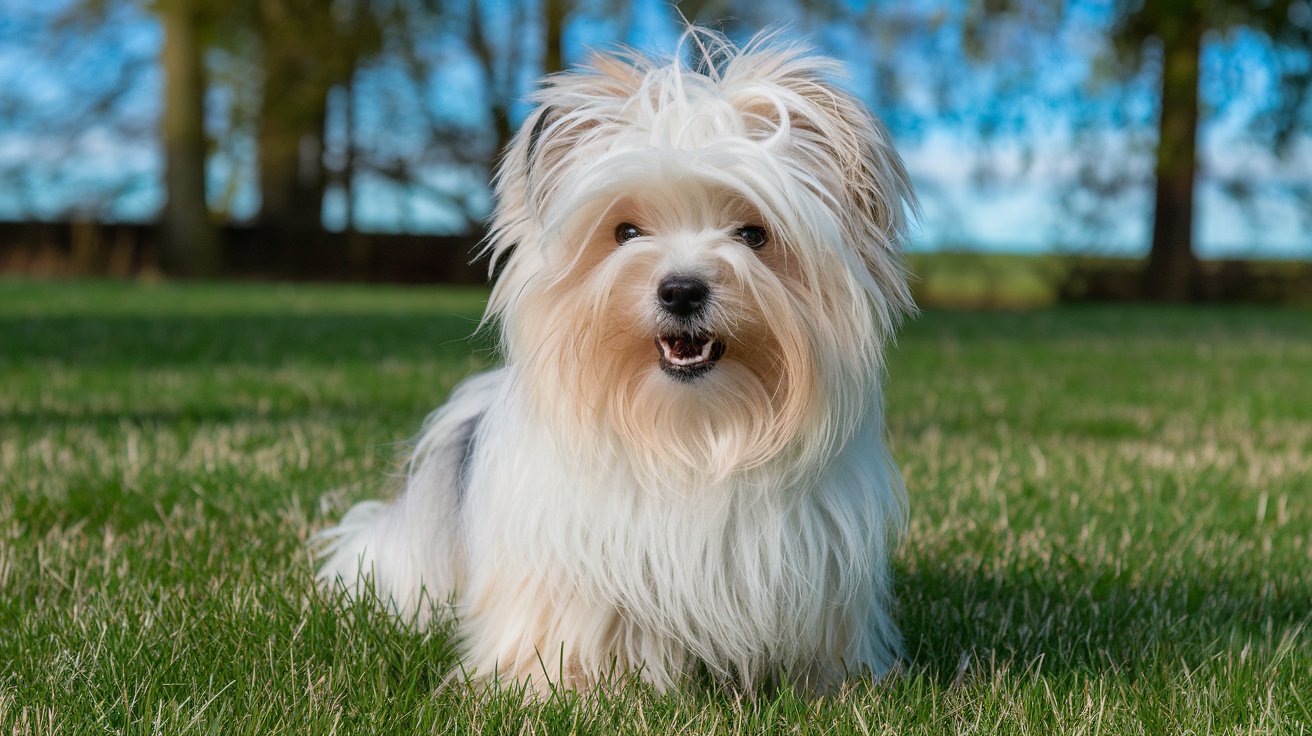
A Personal Story: My Experience with a Toy Dog Breed
A few years ago, I adopted a Pomeranian named Teddy. I was initially drawn to the breed because of their adorable appearance and reputation for being lively and affectionate. However, I quickly learned that Teddy was much more than just a cute face. He was a little ball of energy, always eager to play, explore, and meet new people.
Despite his small size, Teddy had a big personality. He was fearless, often standing up to much larger dogs at the park. He was also incredibly loyal, always by my side no matter what I was doing. Teddy had a knack for sensing my mood and would snuggle up to me whenever I was feeling down, his soft fur and warm presence providing comfort like nothing else could.
Training Teddy was a breeze. He was smart and quick to pick up new commands, although he did have a stubborn streak. I had to be consistent with his training, but the effort was well worth it. Teddy thrived on the positive reinforcement and was always eager to please.
One of the things I loved most about Teddy was his adaptability. Whether we were going for a walk in the park, taking a road trip, or just relaxing at home, he was always content as long as he was with me. His small size made it easy to take him anywhere, and he quickly became a beloved member of my family and circle of friends.
Sadly, Teddy passed away last year, but the memories I have of him are a testament to the joy that a toy dog breed can bring into your life. He may have been small, but the impact he had on my life was enormous. Teddy taught me that the love and loyalty of a dog aren’t measured by their size but by their heart.
The Benefits of Owning a Toy Dog Breed
Owning a toy dog breed comes with several benefits that make them an excellent choice for many people:
- Size: Their small size makes them ideal for apartment living or homes with limited space. They are also easier to manage when traveling.
- Affectionate Nature: Toy breeds are often very affectionate and enjoy being close to their owners. They make great lap dogs and are perfect for those who want a close bond with their pet.
- Low Exercise Needs: While toy breeds enjoy playtime and walks, they generally don’t require as much exercise as larger breeds. This makes them suitable for people with less active lifestyles.
- Adaptability: Toy breeds tend to adapt well to different living situations, whether it’s a busy city apartment or a quiet countryside home.
- Longevity: Many toy breeds have a longer lifespan compared to larger breeds, giving you more years to enjoy their companionship.
Considerations When Choosing a Toy Dog Breed
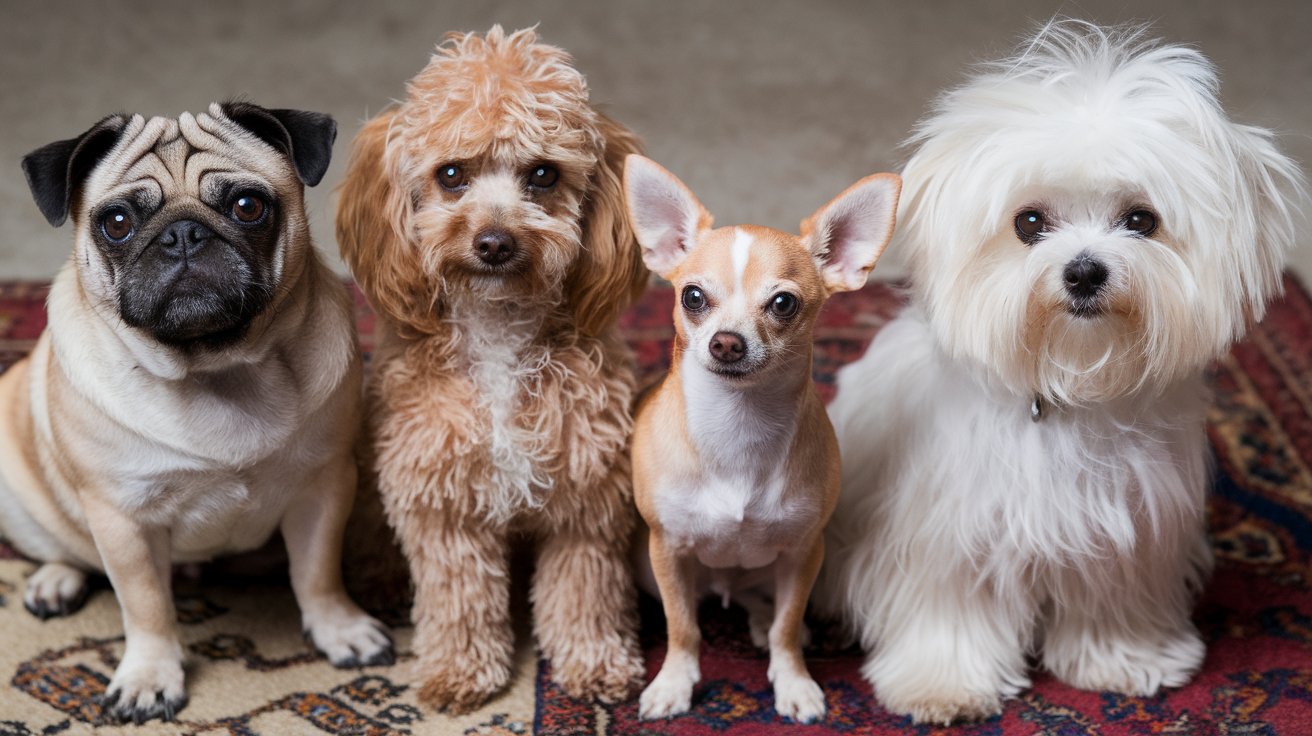
While toy dog breeds offer many advantages, it’s important to consider a few factors before bringing one into your home:
- Health Issues: Some toy dog breeds are prone to specific health problems, such as dental issues or joint problems due to their small size. Regular veterinary care is essential.
- Grooming Needs: Many toy breeds have long or dense coats that require regular grooming to prevent matting and keep them looking their best.
- Training: While toy breeds are often intelligent and trainable, they can also be stubborn. Consistent, positive reinforcement training is key to ensuring they are well-behaved.
- Fragility: Due to their small size, toy breeds can be more fragile than larger dogs. Care should be taken to avoid injuries, especially in homes with small children.
Conclusion
Toy dog breeds may be small in size, but they are big in heart. Whether you’re looking for a loyal companion, a playful friend, or a loving lap dog, a toy breed can provide the perfect match. Toy dog breeds bring immense joy and love into the lives of their owners, proving that sometimes the best things really do come in small packages.
If you’re considering adding a toy dog breeds to your family, take the time to research the specific breed that best suits your lifestyle. With the right care, attention, and love, a toy dog breeds can become a cherished member of your household for many years to come. And who knows, you might just find yourself sharing stories about your own special toy dog breeds, just like I did with Teddy.
